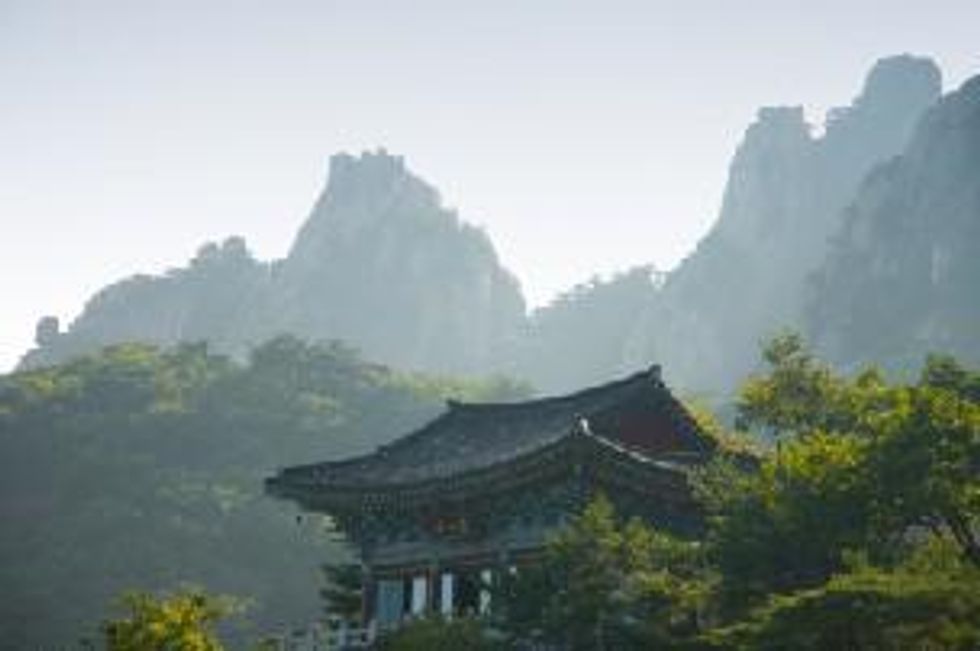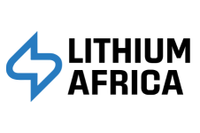The government aims to boost supplies of the two resources from Korean-owned mines up to 10 percent of annual requirements next year from 5.5 percent this year. Korea plans to increase stockpiles of about 30 minor metals including lithium and rare earths, to the equivalent of 13.5 days of consumption next year from 8.1 days this year.
The South Korean Ministry of Knowledge Economy (MKE) said it will nearly double its production of lithium and rare earth minerals next year as global demand for the raw materials is widely expected to increase. The government aims to boost supplies of the two resources from Korean-owned mines up to 10 percent of annual requirements next year from 5.5 percent this year. Korea plans to increase stockpiles of about 30 minor metals including lithium and rare earths, to the equivalent of 13.5 days of consumption next year from 8.1 days this year. The country is planning to build a facility in the second half of next year to store strategic metals such as lithium, with a capacity of 35 days of consumption.
Long Term Energy Plan
The preliminary long term energy plan, includes guidelines and implications for both uranium and oil and gas investors. Along with stockpiling lithium and rare earth minerals the country announced the potential construction of up to 14 new nuclear reactors by 2024 in order to reduce dependence on fossil fuels and help meet growing demand for electricity. If all 14 reactors are built, nuclear energy’s share of the nation’s total electricity generation could rise from the current level of about 33 percent to nearly 50 percent. The MKE indicated it plans to buy 1 million barrels of crude oil for state reserves next year, down from the approximately 2.5 million barrels imported for such purposes this year.
The state-run Korea National Oil Corp. plans to spend $2 billion to $3 billion to increase its crude oil and natural gas production capacity to 300,000 barrels of oil equivalent a day by 2012, from the current 200,000 barrels, through asset purchases and exploration of its existing overseas oil and gas fields. The Asian country which imports 97 percent of its energy and minerals needs is the world’s second-largest liquefied natural gas (LNG) importer after Japan, and is expecting to sign new LNG contracts next year marking Korea’s first contracts since 2007.
International Trade
Earlier this month Korea and Japan agreed in principal to cooperating on joint action to secure lithium and rare earth minerals. Both countries share close similarities in terms of industrial structure, and both sides are looking to industries such as electric vehicles and wind power as new growth engines. With global competition for lithium and rare earth becoming more intense, the two countries are well aware of the need for cooperation to ensure a stable supply. This issue was the focus of a recent trip to Japan by Korean Vice Minister for Trade and Energy, Park Young June.
In November, a Korean government-owned mining company, Korea Resource Corporation (KORES) and Lithium One Inc. (TSXV:LI) formalized a joint venture to develop Lithium One’s Sal de Vida Lithium Brine Project in Argentina. The KORES strategic objective is to become a global top 20 mining company by 2020 through overseas expansion.
The MKE announced that Korea’s trade is to exceed one trillion US dollars next year for the first time in history making it the ninth country to reach the figure alongside the US, Germany and China. It said that to solidify its position as an advanced economy the government will encourage shared growth between large corporations and small- and mid-sized firms, secure new markets and accelerate improvement in the industrial system through green and convergence technologies. The country is targeting exports of $40 billion a year of alternative and renewable energy by 2015, compared with $4.6 billion last year. The government has committed to investing almost $18 million in setting up four or five test beds for solar and wind power generation in 2011.
Battery Manufacturers
Advanced lithium battery manufacturing has historically been dominated by China, Japan and South Korea, together accounting for as much as 98 percent of the market last year. While Japan’s leadership within the market will remain significant in the near term, analysts suggest the country is gradually losing market share. Japanese manufacturing controlled 55 percent of global advanced battery production last year, down from 78 percent in 2002. Meanwhile, China’s share rose to 25 percent in 2009 from 11 percent in 2002, and South Korea’s reached 18 percent last year from just 6 percent in 2002. With the considerable investment and interest demonstrated from the United States’ current administration over the previous year, American companies will certainly factor prominently in future production totals.





